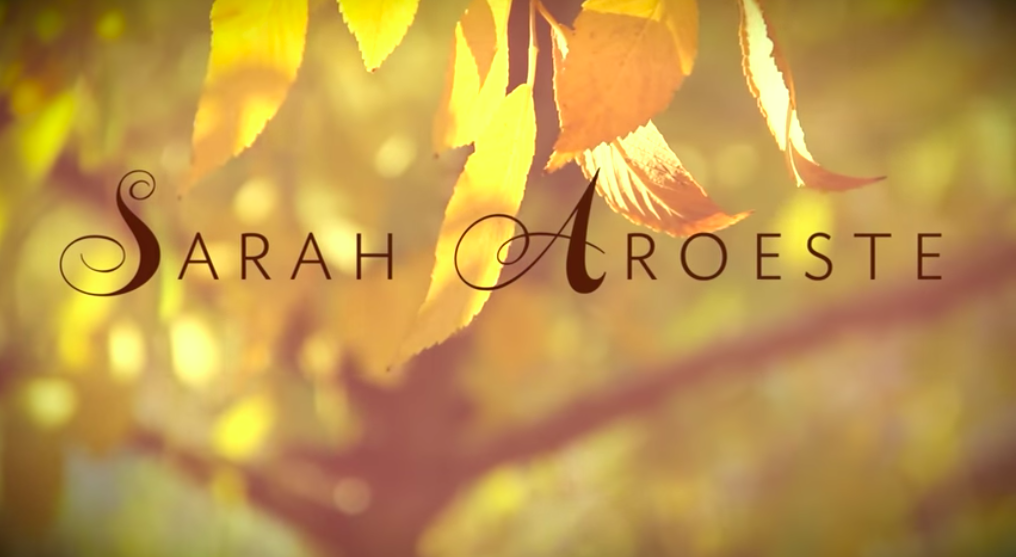It is hard to conjure up an image of the Jewish New Year without hearing the tunes associated with the season. The type of music that connects you to the High Holy Days often tells the story of your Jewish journey, with different tunes and refrains emerging from distinct geographic regions. There are plaintiff Hassic niggunim from Eastern Europe and joyful songs of repentance from the Middle East. Today, American Jews are creating a new musical vocabulary for the Jewish New Year.
But as Rabbi Juan Mejia points out, “Despite the large cultural production of Mexican and Argentinian Jews, there is no Debbie Friedman or Craig Taubman of the Spanish-speaking world.”
This posed a problem for Rabbi Mejia. Since 2016, he has been running online Spanish-language selichot services leading up to Rosh Hashana and Yom Kippur. Following Sephardic custom, these prayers are said daily for the month of Elul. “Every day is good for teshuvah (return and repair), but there is power in doing together,” explains Rabbi Mejia, born and raised in Colombia and now living in Oklahoma City. These nightly gatherings are a place “where everyone is welcomed and affirmed.” The online selichot services are in Spanish and Hebrew and draw participants from Israel, Spain, Central and South America, and the United States.
Understanding the power of music in building community and prayer, this year, Rabbi Mejia was inspired to set some of the traditional texts and ideas to sounds inspired by his childhood, mixing Spanish with Hebrew.
One of his new offerings is a take on the name of the month during which we recite selichot, the month of Elul. The Hebrew word Elul also reads as an acronym for the phrase Ani L’Dodi v’Dodi Li: I am for my beloved, and my beloved is for me. This is a reminder that even as we assess our missteps and try and return to the right path, we should do so with love. “The phrase “The King is in the field,” comes from Rabbi Nachman,” explains Rabbi Mejia, and the song encourages us to open our hearts as Elul is a time for introspection.
Another one of his new offerings, Shuvu, is inspired by a text from the biblical book of Jeremiah. Like the song, the verse is simple: “Return, you wayward children” Jer. 3:22. But Rabbi Mejia provides the following text from Rabbi Moshe Chaim Ephraim of Sudilkov (1740-1800).
“ויקרא אל משה וגו'” (ויקרא א:א).
ופירש רש”י (על אתר), אליו היה מגיע הקול, שהוא לבד שמע וכל ישראל לא שמעו. ויש לומר בזה בדרך רמז על פי ששמעתי מן אדוני אבי זקני…על הגמרא “בכל יום בת קול יוצאת מהר חורב וכו’ (וכולי)” (משנה אבות ו:ב), והקשה ממה נפשך, וכבר נדפס הוא בספר הקדוש תולדות יעקב יוסף (פרשת אמור, אות יא). וביאר הוא זכרונו לברכה כי הבת קול הוא הרהורי תשובה הבאים לאדם בכל יום. ומי שיש לו דעת, תיכף כשבא לו הרהור תשובה, אזי מבין הוא שזהו מן הכרוז שמכריזין “שובו בנים שובבים” (ירמיהו ג:כב), ומיד מפשפש במעשיו ושב בתשובה שלימה. אבל מי שאין בו דעת אינו מרגיש כלל בהרהור תשובה שבא לו, ואינו פונה אליו כלל.
Degel Machaneh Efrayim, Vayikra, s.v. Vayikra el Moshe vayedaber YHVH elav vegomer “[YHVH] called to Moses and spoke to him [from the Tent of Meeting]” (Lev. 1:1).
And Rashi (ad loc.) explained that the call only reached Moses. Only he heard it, but the rest of Israel didn’t. We can interpret this in a manner that points to our experience in light of the teaching I received from my grandfather on the dictum, “Each and every day a heavenly Voice (bat kol) issues from Mount Horev, [‘Return, you wayward children’” (Jer. 3:22)] (Mish. Avot 6:2). My grandfather questioned this teaching using a mah nafshakh argument, which you can find in Toldot Ya’akov Yosef (Emor #11). In response, he explained that the heavenly call arises in us each day as our impulse to teshuvah. If we are mindful, when that impulse arises, we immediately understand that it issues from the call, “Return, you wayward children,” and we immediately investigate our deeds and return to God wholeheartedly. But when we are not mindful, we don’t sense that impulse, we do not turn toward it.
And we might suggest that this is what Rashi was hinting at in his interpretation of the verse, “[YHVH] called”—namely, the daily call, which is our impulse to teshuvah—“to Moses,” the call only reaches him. Namely, the call reaches us when we are like Moses who embodies the mystical secret of da’at (awareness). But when we are like the rest of Israel, who are mindless, we do not hear the call because we don’t pay attention to the impulse to teshuvah that arises in us. And this is easy to understand [if we practice]. (Translation Rabbi Sam Feinsmith)
“Y Adonai llamó a Moisés…” (Levítico 1:1).
Y Rashi (ad loc.) explicó que el llamado sólo llegó a Moisés. Sólo él lo escuchó, pero el resto de Israel no. Esto puede interpretarse como un guiño a la luz de la enseñanza que recibí de mi abuelo sobre la máxima: “Cada día una Voz celestial (bat kol) surge del Monte Horev, [‘Regresad, hijos descarriados’. ‘” (Jer. 3:22)] (Mish. Avot 6:2). Mi abuelo cuestionó esta enseñanza usando un argumento de mah nafshakh, que puedes encontrar en Toldot Ya’akov Yosef (Emor #11). En respuesta, explicó que el llamado celestial surge en nosotros cada día como nuestro impulso a la teshuvá. Si estamos conscientes, cuando surge ese impulso, entendemos inmediatamente que proviene del llamado: “Volved, hijos descarriados”, e inmediatamente investigamos nuestras obras y volvemos a Dios de todo corazón. Pero cuando no somos conscientes, no sentimos ese impulso, no nos volvemos hacia él. (Translation Rabbi Juan Mejia)








